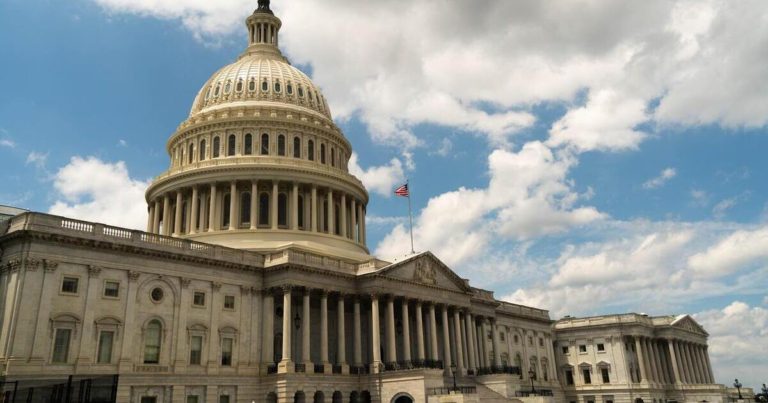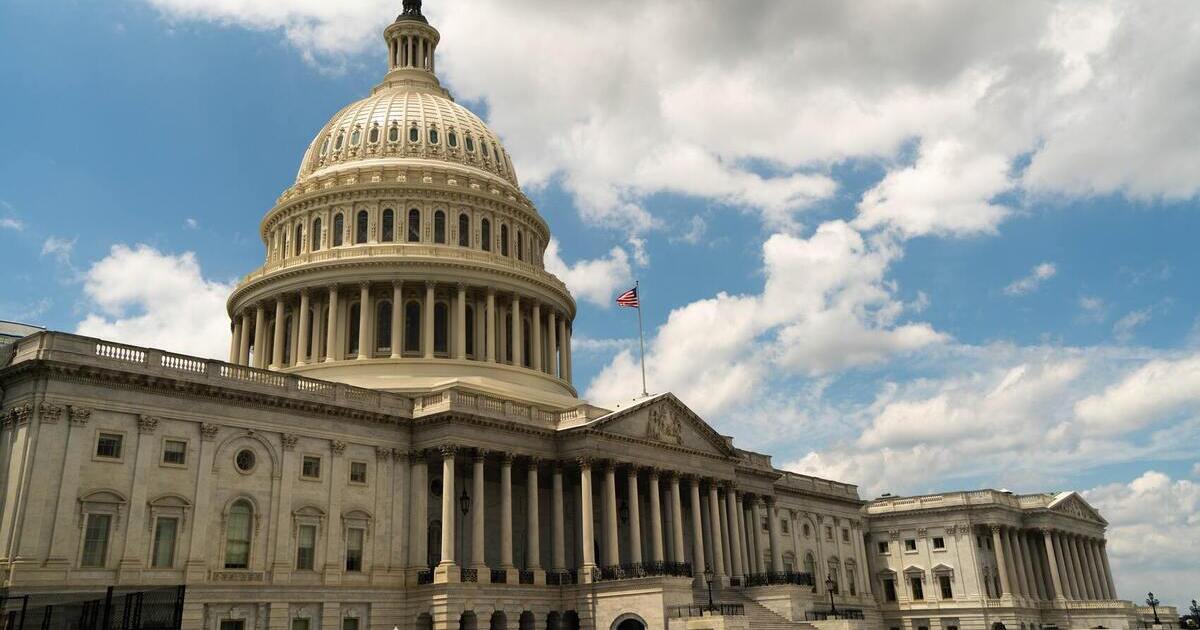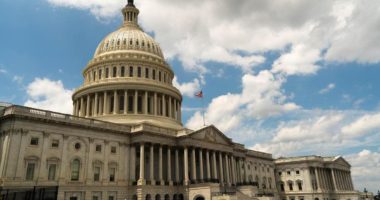In a last-minute scramble, Congress averted a government shutdown by passing a continuing resolution (CR) to temporarily fund the government through Nov. 17. This 45-day CR includes disaster relief aid and extends funding for community health centers, the National Health Service Corps, and the Teaching Health Centers Graduate Medical Education (GME) program through the end of the agreement. In addition, the bill extends authorization for the Federal Aviation Administration through Dec. 31 while Congress continues to work toward a long-term extension.
Despite the temporary reprieve from a government shutdown, it’s important to recognize that many of the deep-seated disagreements such as border security, military funding for Ukraine, and top-line spending amounts were not addressed in the CR. Furthermore, this bill does not reauthorize pandemic surveillance programs under the Pandemic All-Hazards Preparedness Act and HIV/AIDS foreign assistance, both of which saw their funding expire on Oct. 1.
The likelihood of a shutdown in November remains high as Congress is no closer to resolving these issues than they were before the CR was passed.
Medicare payments to physicians and payments for Social Security benefits would continue during a shutdown as these entitlement programs are funded by mandatory spending. Additionally, the FDA’s drug approval process, funded through user fees, would continue without disruption.
A federal shutdown would have the greatest impact on programs that are funded through discretionary spending (spending that Congress needs to appropriate each year). Examples include funding for research projects at the National Institutes of Health and public health initiatives at the Centers for Disease Control and Prevention. The Department of Health and Human Services (HHS) explained that it can temporarily maintain funding for programs such as the Teaching Health Centers GME program, the National Health Service Corps, and Community Health Centers, even if reauthorization for these programs lapses during a shutdown.
A protracted shutdown could pose administrative challenges within HHS, potentially impacting the Medicare program due to staffing shortages. HHS released a contingency plan estimating that 58% of its workforce would be furloughed in a shutdown. The majority of those furloughed workers are engaged in HHS functions funded through discretionary spending and are classified as “non-essential.”
The ACAAI Advocacy Council will remain vigilant in monitoring these developments in Washington and will keep you informed of how they may impact your patients and your practice.




